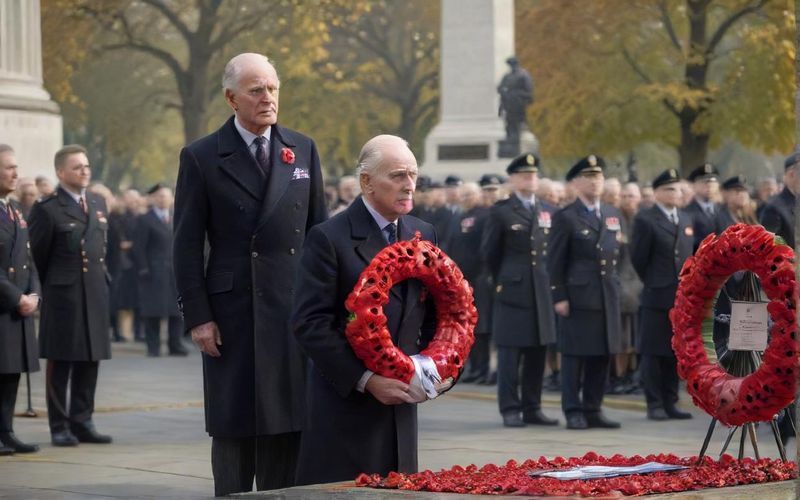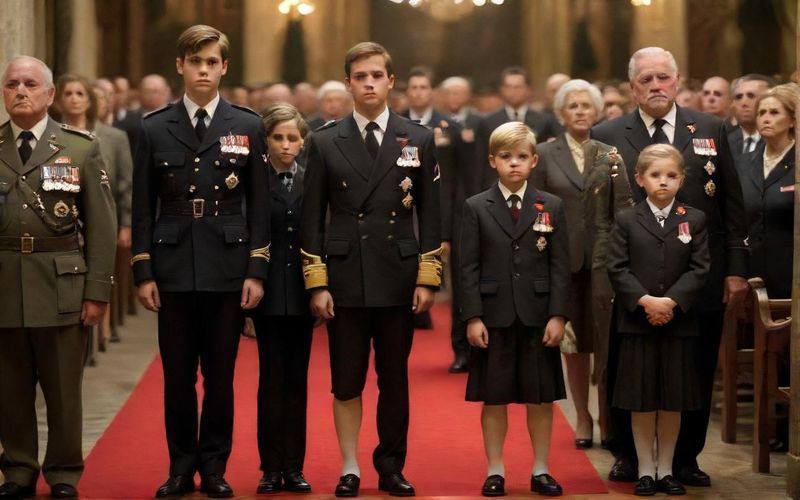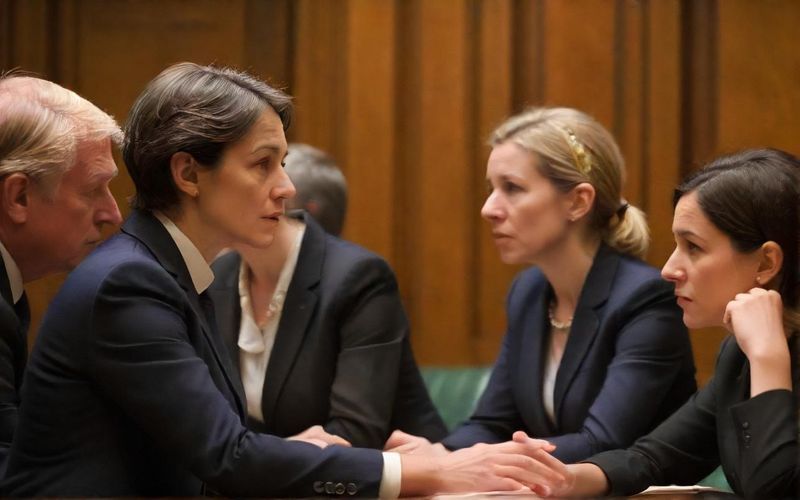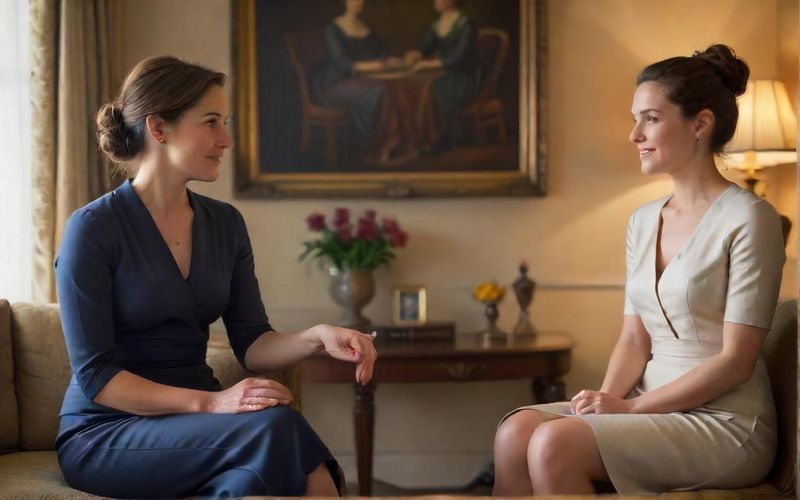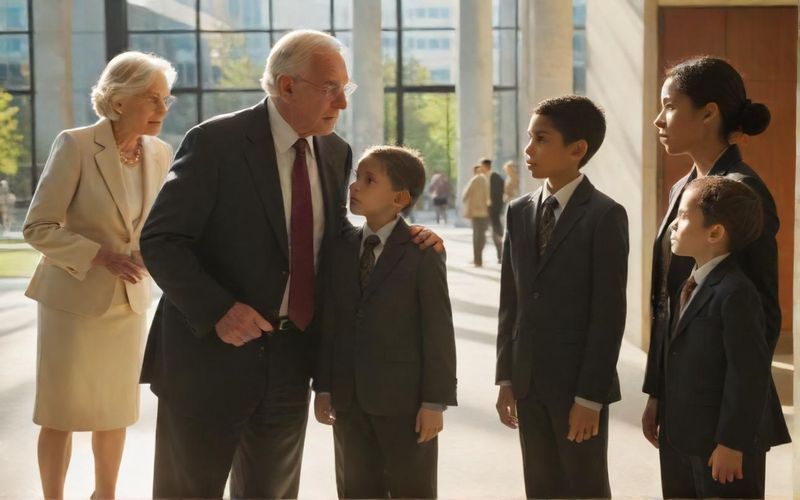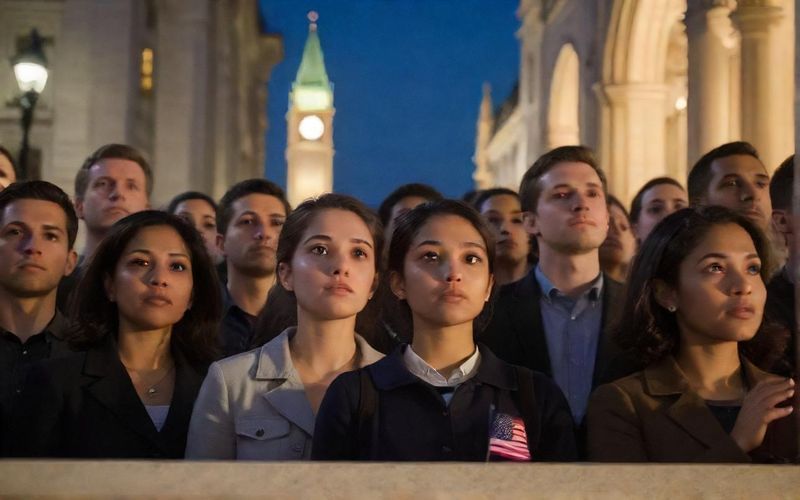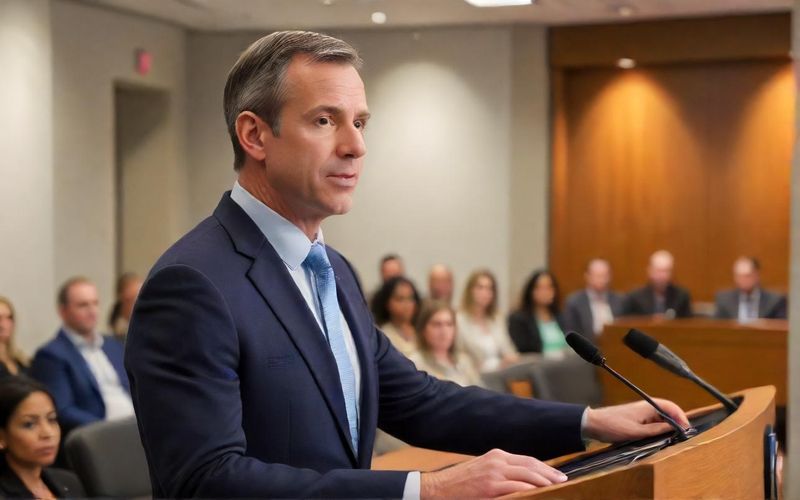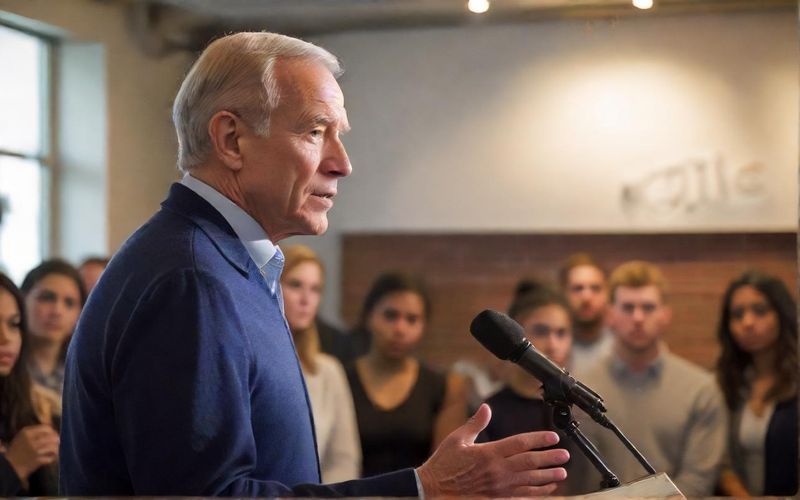WWII Veteran: Sacrifice's Price Too High Now
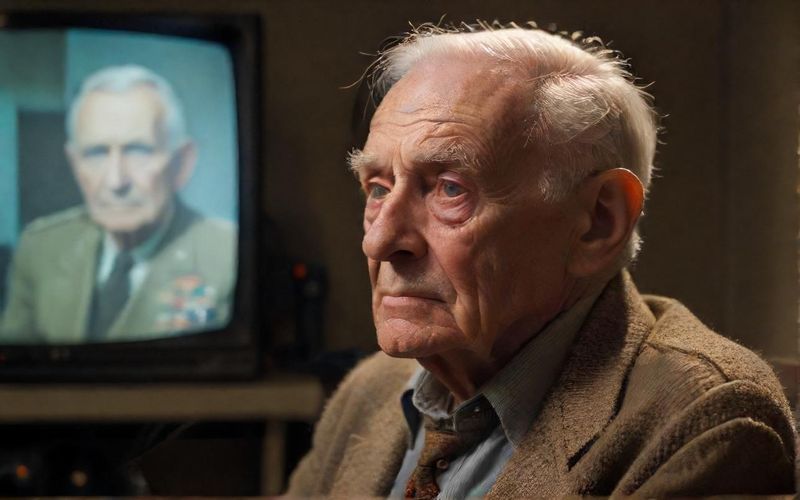
This isn't just a simple complaint; it's a profound indictment, delivered from the vantage point of someone who stood on the precipice of oblivion to secure a future he now finds wanting. Penstone, who volunteered at 15 and endured the horrors of the Blitz, later serving in the Navy through the D-Day landings, is not a man prone to hyperbole. His experience is visceral, etched into his memory by the "rows and rows of white stones" that mark the resting places of friends he knew intimately. His declaration that "what we fought for was our freedom, but now it's a darn sight worse than when I fought for it" cuts through the celebratory narratives of victory and peace. It forces us to confront a discomfiting truth: that the world veterans like Alec fought to build might not be the one we’re living in, or at least, not the one they envisioned.
The sources paint a consistent picture of a man who, despite his monumental service, feels a deep disillusionment. He saw his youth spent amidst the rubble and the dead, a terrifying preamble to his naval service. He returned to a life, marrying Gladys and sharing 77 years, a testament to enduring love amidst hardship. Yet, even these personal triumphs seem overshadowed by a broader sense of societal decline. The interviews highlight the presenters' attempts to console him, acknowledging the immense debt owed by subsequent generations and the responsibility to uphold the ideals for which he fought. It’s a noble sentiment, a promise to do better, but for Alec, the pain of what he perceives as lost potential is palpable.
What strikes me most deeply is the quiet dignity with which he expresses this profound disappointment. There’s no anger, no bluster, just a weary honesty that speaks volumes. He’s not diminishing the bravery of those who served; he's questioning the ultimate outcome of their collective struggle. This sentiment is particularly poignant as we approach Remembrance Sunday, a time dedicated to honoring sacrifice. It challenges us to move beyond mere acknowledgment and engage in a more critical introspection about the state of our nations and whether the freedoms and values so hard-won are being actively preserved and nurtured.
The trend topic of World War II has long been associated with stories of heroism, sacrifice, and eventual triumph. It’s a narrative that offers comfort, a reminder that even in the face of unimaginable evil, humanity can unite and prevail. But Alec Penstone’s voice offers a counter-narrative, a somber postscript to the victory parades. It suggests that the fight didn't end in 1945; it merely shifted arenas. The challenges of building a just, equitable, and free society are ongoing, and as Penstone’s words imply, perhaps we’ve faltered in our stewardship of the hard-won peace.
His statement forces us to ask difficult questions: Have we squandered the inheritance of freedom? Have societal challenges like economic disparity, political polarization, or a general erosion of civic engagement rendered the sacrifices of his generation less meaningful in the present day? As we continue to commemorate world war 2, are we truly living up to the ideals that drove those brave individuals?
